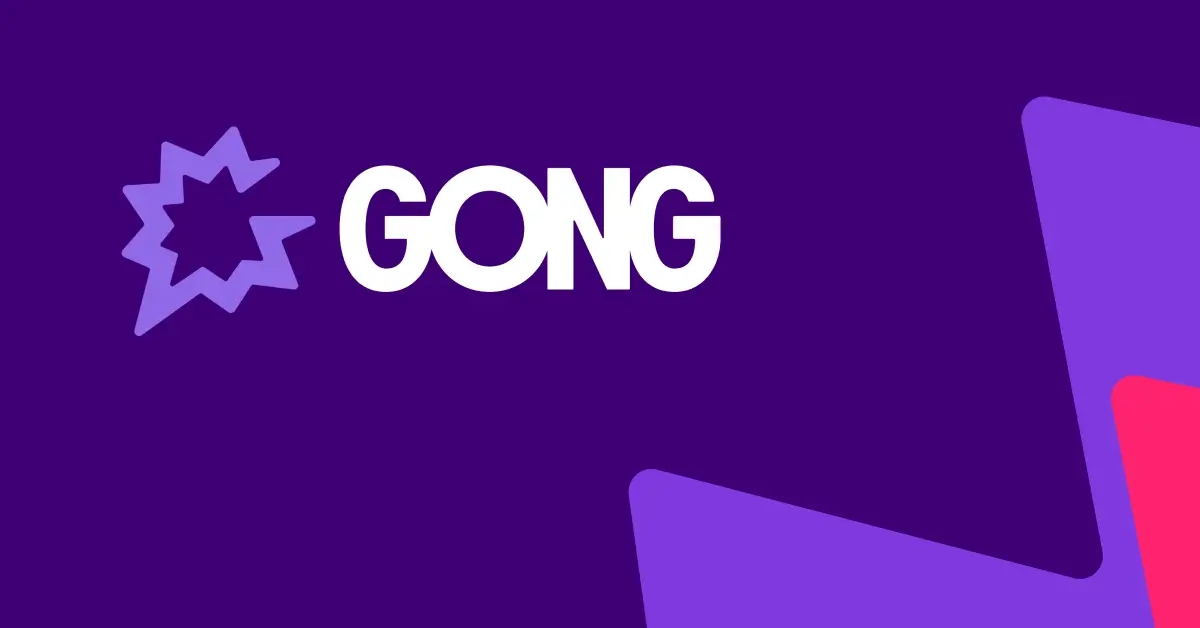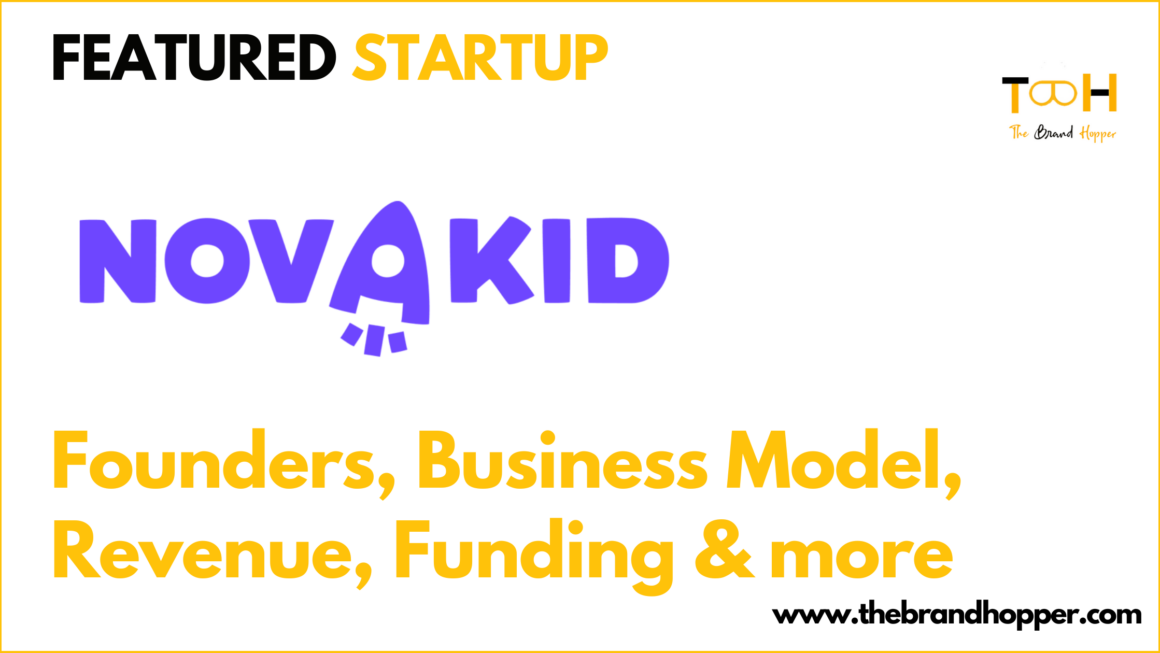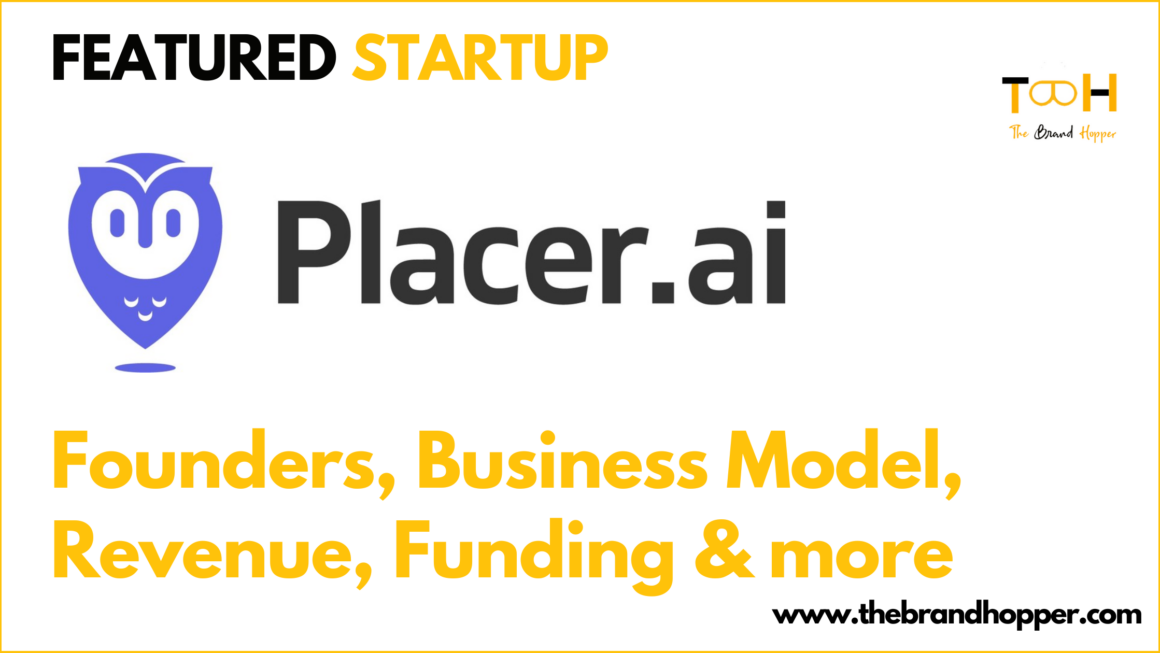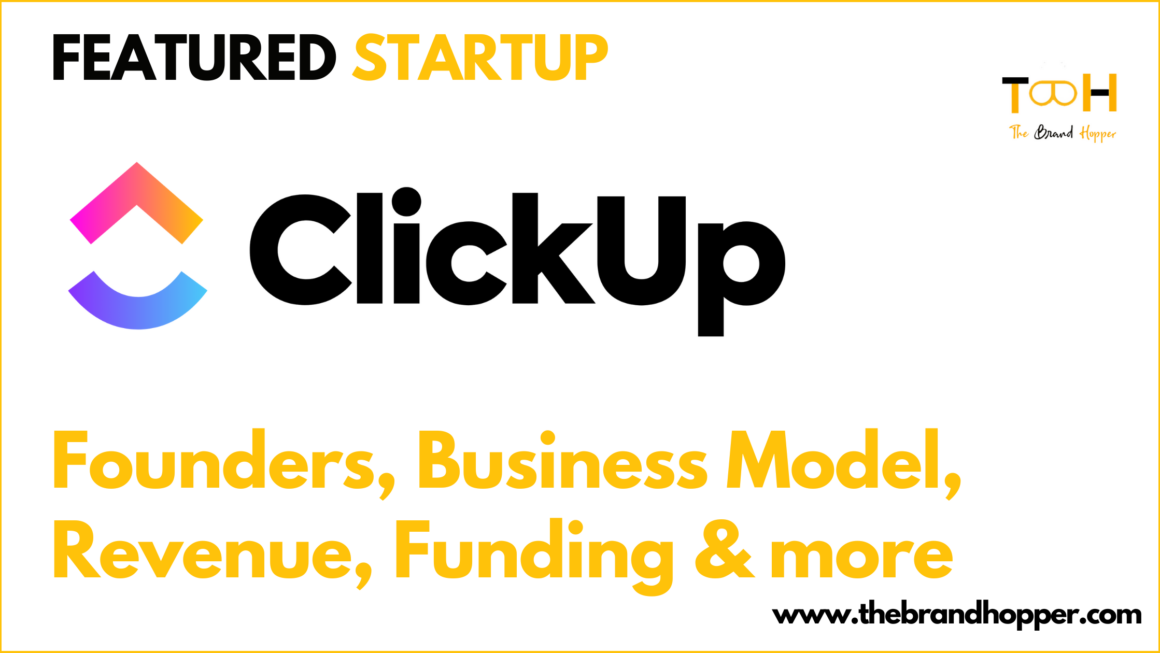Gong is an innovative startup that has made significant strides in the field of sales and revenue intelligence. Founded in 2015 by Amit Bendov and Eilon Reshef, Gong has emerged as a leader in leveraging artificial intelligence (AI) and machine learning (ML) technologies to help businesses optimize their sales processes, enhance customer interactions, and drive revenue growth. With its cutting-edge platform and data-driven insights, Gong has gained widespread recognition for its ability to provide valuable sales intelligence and transform the way organizations analyze and improve their sales strategies.
Gong’s mission is to “help sales teams win more deals.” The company’s platform records and transcribes sales calls, and it provides sales teams with insights into their conversations. Gong also offers a number of features that help sales teams improve their performance, such as call analytics, coaching, and playbooks.
Gong’s platform is used by over 15,000 sales teams, including Google, Salesforce, and Oracle. The company has raised over $1 billion in venture capital funding, and it is valued at over $3 billion.
At its core, Gong offers a comprehensive revenue intelligence platform that uses AI to automatically capture and analyze sales conversations, transforming them into valuable insights and actionable recommendations. The platform leverages natural language processing (NLP) and speech recognition technology to extract key data points, sentiment analysis, and sales performance metrics from recorded calls, video meetings, and other customer interactions.
Key Features and Capabilities:
- Conversation Analytics: Gong’s platform uses advanced AI algorithms to analyze sales conversations and extract valuable insights. It identifies keywords, sales techniques, customer sentiments, objections, and other critical data points to help sales teams understand what works and what doesn’t in their sales engagements.
- Deal and Pipeline Visibility: Gong provides real-time visibility into sales deals and pipelines. It analyzes conversations across the sales cycle, tracking deal progress, identifying potential risks, and highlighting areas that need attention. This visibility allows sales leaders to take proactive measures and optimize their pipeline management.
- Sales Coaching and Training: Gong offers coaching and training features to help sales teams improve their skills and performance. The platform provides personalized insights and recommendations based on individual sales reps’ interactions, allowing managers to deliver targeted coaching and development plans.
- Competitor Analysis: Gong’s platform goes beyond individual sales conversations and provides competitive intelligence. It identifies mentions of competitors during sales interactions, analyzes their strengths and weaknesses, and helps organizations gain a deeper understanding of the competitive landscape.
- Forecasting and Data-driven Decision Making: Gong’s AI-powered platform leverages historical data and conversation analytics to generate accurate sales forecasts. It provides sales leaders with data-driven insights to make informed decisions, identify trends, and set realistic targets.
- Collaboration and Knowledge Sharing: Gong facilitates collaboration and knowledge sharing among sales teams. It allows sales reps and managers to share best practices, successful strategies, and key learnings from sales conversations, enabling the entire team to benefit from collective insights.
- Integration and Scalability: Gong integrates seamlessly with popular sales and customer relationship management (CRM) platforms, ensuring that organizations can leverage their existing systems. The platform is scalable and can handle large volumes of sales conversations, providing consistent insights even as businesses grow.
Gong is a leading provider of sales intelligence platforms. The company’s platform is used by some of the most innovative companies in the world, and it is helping sales teams to improve their performance.
Founding History of Gong
Gong, originally known as Gong.io, was founded in 2015 by Amit Bendov and Eilon Reshef. The idea for the startup originated from the founders’ shared vision to leverage AI and machine learning technologies to unlock valuable insights from sales conversations and revolutionize the way sales teams operate.
Amit Bendov, with a background in engineering and technology leadership roles, and Eilon Reshef, an experienced data scientist and entrepreneur, recognized the untapped potential in using AI algorithms to analyze and extract meaningful data from sales interactions. They believed that the data hidden within sales conversations held the key to improving sales strategies, enhancing customer relationships, and ultimately driving revenue growth.

In the early stages, the founders set out to validate their concept and refine their technology. They conducted extensive market research, engaged with sales professionals, and explored the challenges faced by sales teams. This research-driven approach enabled them to gain valuable insights and ensure the alignment of their solution with market needs.
After securing initial funding from leading venture capital firms, including Battery Ventures and Norwest Venture Partners, Gong began developing its revenue intelligence platform. The founders assembled a team of AI experts, data scientists, and engineers to build a sophisticated platform that could capture, analyze, and extract insights from sales conversations.
Gong’s core technology relies on advanced AI algorithms and natural language processing (NLP) capabilities. The platform uses speech recognition technology to transcribe and analyze recorded sales calls, video meetings, and other customer interactions. It applies machine learning techniques to extract key data points, sentiment analysis, and sales performance metrics from these conversations.
In 2016, Gong launched its platform, initially targeting mid-sized and enterprise-level organizations. The platform’s ability to provide valuable insights, actionable recommendations, and visibility into sales conversations quickly gained attention in the market. Sales teams saw the potential for Gong’s solution to transform their sales processes and drive better outcomes.
As the company gained traction, Gong attracted significant investments from renowned venture capital firms, including Sequoia Capital and Salesforce Ventures. These investments allowed Gong to further develop its platform, expand its customer base, and fuel its growth.
Gong’s innovative approach to sales intelligence gained recognition within the industry, resulting in numerous accolades and awards. The company’s platform garnered attention for its ability to help organizations improve sales effectiveness, optimize deal management, and enhance customer interactions.
Today, Gong continues to grow rapidly, serving organizations across various industries and sizes, from startups to Fortune 500 companies. The company has established strategic partnerships with prominent sales technology providers, including Salesforce, HubSpot, and Zoom, further expanding its reach and integration capabilities.
Business Model of Gong
Gong operates on a subscription-based software-as-a-service (SaaS) business model. Let’s explore the key components of Gong’s business model in detail:
Subscription Revenue: Gong generates its primary revenue through subscription fees charged to its customers. Organizations pay a recurring fee based on the number of users and the features they require. The subscription pricing typically varies depending on factors such as the size of the organization, the volume of sales conversations analyzed, and the level of insights and analytics needed. The subscription model allows Gong to provide ongoing support, maintenance, and regular updates to its platform.
Tiered Pricing: Gong offers different pricing tiers to cater to the diverse needs of its customers. The tiers are typically based on factors such as the size of the organization, the level of functionality required, and the depth of insights and analytics provided. Higher-priced tiers often offer additional features, advanced analytics, and dedicated support. The tiered pricing structure enables customers to select a plan that aligns with their specific requirements and provides flexibility and scalability as their business grows.
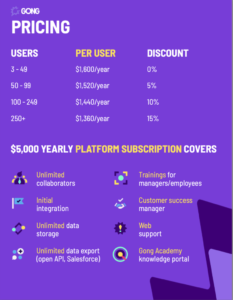
Enterprise Offerings: Gong provides tailored solutions and enterprise-grade offerings for larger organizations with specific requirements. These offerings often include enhanced functionality, advanced integrations, customizations, dedicated account management, and priority support. The pricing for enterprise solutions is typically negotiated based on the organization’s scale, complexity, and specific needs. Enterprise offerings contribute to higher revenue per customer and foster long-term partnerships with larger organizations.
Professional Services: Gong offers professional services to support customers in implementing and maximizing the value of its platform. These services may include onboarding assistance, training, consulting, and customized analytics and reporting. Professional services provide an additional revenue stream for Gong and help customers leverage the platform effectively.
Data and Analytics Insights: As Gong captures and analyzes vast amounts of sales conversation data, it has the potential to generate valuable insights and analytics. Gong may explore opportunities to monetize its data assets by offering advanced analytics, industry benchmarks, and sales performance metrics as additional services. These insights can provide customers with actionable information to enhance their sales strategies and drive revenue growth.
Partnerships and Integrations: Gong forms strategic partnerships and integrations with other sales and customer relationship management (CRM) technology providers. By integrating with popular CRM platforms, communication tools, and sales enablement software, Gong enhances its value proposition and extends its reach to a broader customer base. Partnerships may involve revenue-sharing agreements, joint marketing efforts, or referrals, contributing to additional revenue streams and customer acquisition opportunities.
Upselling and Add-Ons: Gong employs an upselling strategy to offer additional features and add-on services to its existing customer base. As customers gain value and experience success with the core platform, Gong identifies opportunities to provide advanced functionality, expanded data storage, or additional integrations. Upselling and add-on services allow Gong to increase revenue per customer while delivering enhanced value and meeting evolving customer needs.
Renewals and Customer Retention: Gong emphasizes customer success and retention as a critical component of its business model. By delivering exceptional value, continuous product innovation, and excellent customer support, Gong aims to drive high renewal rates and long-term customer relationships. Customer retention contributes to recurring revenue and provides opportunities for expansion within existing accounts.
Overall, Gong’s business model combines subscription revenue, tiered pricing, enterprise offerings, professional services, data insights, partnerships, upselling, and customer retention strategies. This multi-faceted approach allows Gong to generate sustainable revenue while delivering value to its customers and continuously innovating in the field of revenue intelligence.
Growth of Gong over the years
Here are some of the key factors that have contributed to Gong’s growth over the years:
- The increasing importance of sales intelligence: As the sales landscape has become more competitive, sales teams have increasingly turned to sales intelligence tools to help them win more deals. Gong’s platform provides sales teams with the insights they need to close more deals.
- The growth of the cloud: The cloud has made it easier for sales teams to record and transcribe their calls. This has helped to drive the adoption of Gong’s platform.
- The rise of remote work: The rise of remote work has made it more difficult for sales teams to collaborate and share best practices. Gong’s platform helps sales teams to overcome this challenge by providing them with a platform to record and share their calls.
- The company’s strong leadership: Gong is led by a strong team of experienced entrepreneurs and sales experts. The company’s CEO, Amit Bendov, has a deep understanding of the sales market, and he has a proven track record of success.
As a result of these factors, Gong has experienced rapid growth over the years. The company’s revenue has grown from $1 million in 2015 to over $178 million in 2022. Gong’s customer base has also grown significantly, and the company now serves over 15,000 sales teams.
Gong is well-positioned to continue to grow in the years to come. The company is addressing a growing market need, and it has a strong product and leadership team. Gong is also well-funded, with over $500 million in venture capital funding and is valued at $7.25 billion.
Gong is a well-funded and rapidly growing company. The company is well-positioned to continue to grow in the years to come.
Investors and Funding of Gong
Here are some of the key investors in Gong and the funding rounds that they have participated in:
- Accel: Accel is a venture capital firm that has invested in over 400 companies, including Facebook, Spotify, and Dropbox. Accel invested in Gong’s Series A, Series B, and Series C funding rounds.
- Salesforce Ventures: Salesforce Ventures is the venture capital arm of Salesforce. Salesforce Ventures invested in Gong’s Series B and Series C funding rounds.
- Greylock Partners: Greylock Partners is a venture capital firm that has invested in over 400 companies, including Facebook, LinkedIn, and Airbnb. Greylock Partners invested in Gong’s Series C and Series D funding rounds.
- Lightspeed Venture Partners: Lightspeed Venture Partners is a venture capital firm that has invested in over 400 companies, including Snapchat, Roku, and Affirm. Lightspeed Venture Partners invested in Gong’s Series D and Series E funding rounds.
- Norwest Venture Partners: Norwest Venture Partners is a venture capital firm that has invested in over 400 companies, including Google, Intuit, and Symantec. Norwest Venture Partners invested in Gong’s Series E funding round.
Here is a table that summarizes the funding rounds that Gong has raised:
| Round | Date | Amount Raised | Investors |
|---|---|---|---|
| Seed | 2016 | $1.5M | Accel |
| Series A | 2017 | $22M | Accel, Salesforce Ventures |
| Series B | 2019 | $40M | Battery Ventures, Norwest Venture Partners, Cisco Investments |
| Series C | 2019 | $65M | Sequoia Capita, Battery Ventures, Norwest Venture Partners, Shlomo Kramer, Wing Venture Capital, NextWorld Capital, and Cisco Investments |
| Series D | 2020 | $200M | Coatue, Index Ventures, Salesforce Ventures, Thrive Capital, Battery Ventures, NextWorld Capital, Norwest Venture Partners, Sequoia Capital and Wing Venture Capital |
| Series E | 2021 | $250M | Franklin Templeton, Coatue, Salesforce Ventures, Sequoia, Thrive Capital, and Tiger Global. |
As of March 8, 2023, Gong has raised a total of $583M in funding. The company’s valuation is currently estimated to be over $7.25 billion.
Also Read: Synk – Founders, Features, Business Model and Growth
To read more content like this, subscribe to our newsletter

